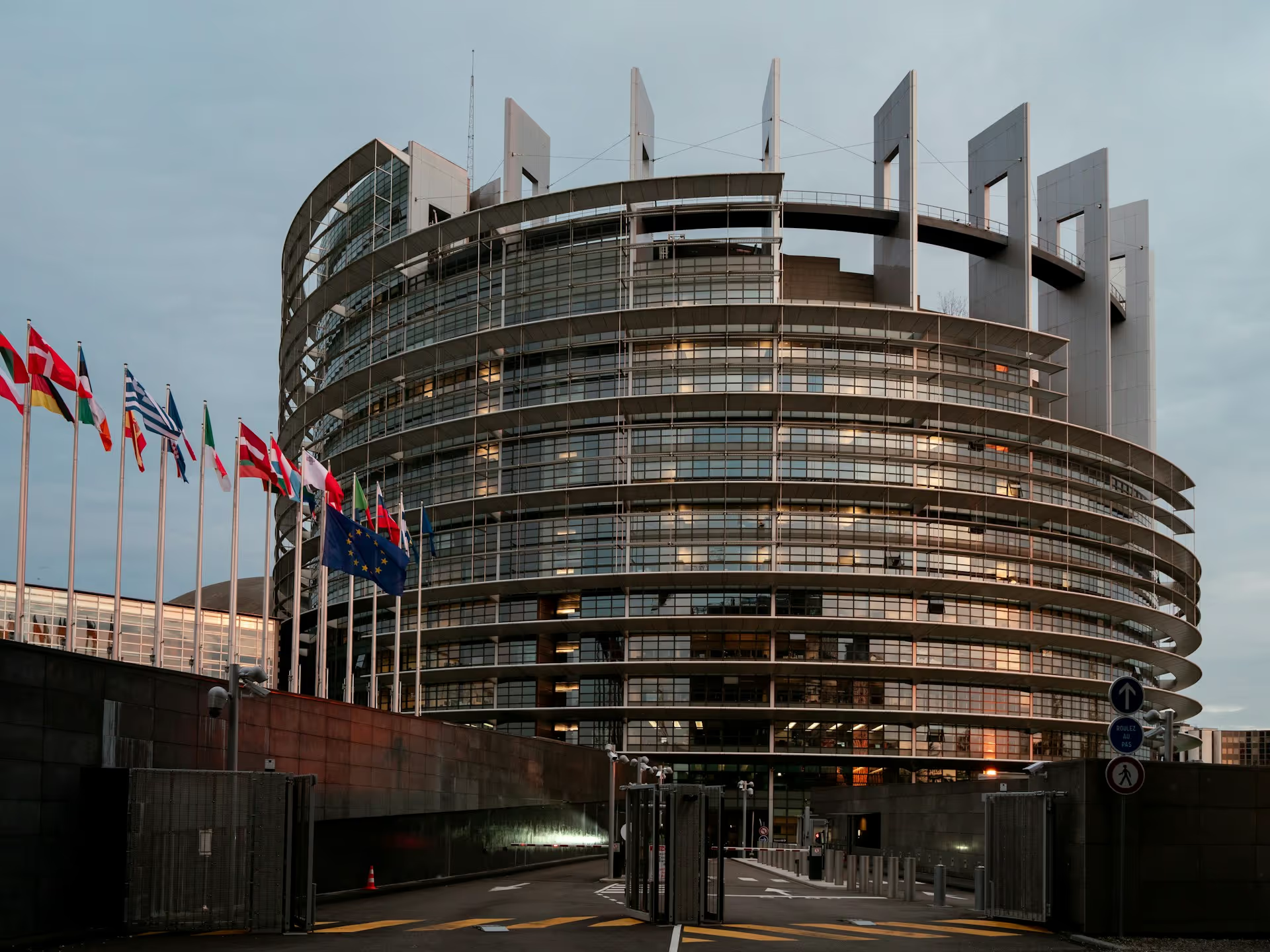- Synopsis
In September, the Commission launched a consultation on a long-awaited delegated act on a methodology for determining the reduction of greenhouse gas emissions from low-carbon fuels. The draft act is largely based on the RFNBO (Renewable Fuels of Non-Biological Origin) delegated act on the calculation of the emission intensity of electricity consumed in the production of hydrogen from renewable sources. The RFNBO regulations impose very strict requirements on power sources to be considered as zero-emission sources. Low-carbon hydrogen must achieve 70% emission savings compared to the defined emission intensity index. The Annex to the Low Emission Fuels Act contains a detailed methodology for calculating both GHG emissions from the production of low-carbon fuels and the reduction of GHG emissions from these fuels. In addition, the DA draft contains provisions for the calculation of methane emissions, but the calculation methodology remains uncertain
- Activities of the BSP
The BSP prepared a common position, which was published and sent to the European Commission, and was subsequently the subject of a meeting with the European Commission. The BSP and its members pointed out certain elements of the proposed legislation that could have an adverse impact on the production of low-carbon hydrogen and thus on the gradual decarbonisation of industrial processes, especially in sectors that are difficult to electrify. These issues should be the subject of a thorough analysis by the Commission before the publication of the final proposal for a delegated act:
- Lack of flexibility in the production of low-carbon hydrogen
- Regulatory Uncertainty for Blue Hydrogen Producers
- Technological selectivity and failure to take into account the specificities of national energy systems within the EU
- Details
According to the agreed text of Directive 2024/1788 on common rules for the internal markets in renewable gas, natural gas and hydrogen (within the framework of the so-called hydrogen package), the Commission is obliged - under Article 9 (5) (Certification of renewable and low-carbon fuels) - the adoption (by 5 August 2025) of delegated acts setting out the methodology for assessing the life-cycle reduction of greenhouse gas emissions from low-carbon fuels other than recycled carbon fuels. This methodology must comply with the methodology agreed in the framework of the so-called RFNBO delegated act.
The annex to the act contains a detailed methodology for calculating both GHG emissions from the production of low-carbon fuels and the reduction of GHG emissions from these fuels.
One of three methods will be used to assign GHG emission values to electricity that does not qualify as fully renewable and is used for the production of low-carbon fuels (Annex, paragraph 6):
- Greenhouse gas emissions allocated according to country levels or market area as provided for in Part C of the Annex 'GHG emission intensity for electricity'.
- GHG emissions assigned according to the number of hours of full load in which the installation producing low-carbon fuels operates.
- the GHG value of the final unit generating electricity at the time of production of low-carbon fuels in the market area may be used if this information is publicly available.
In addition, the DA draft contains provisions for the calculation of methane emissions, but the calculation methodology remains uncertain. Point 7 of the annex to the act also stipulates that the methodology for calculating the methane emission intensity associated with the production of flexible feedstocks based on fossil fuels that increase the calorific value of the low-carbon fuels produced will have to be calculated in accordance with the methodology set out in Articles 29 (4) and 12 of the Methane Regulation - the methodology will be specified in the delegated act until 2027
The Act also provides for a methodology for calculating emission reductions, inter alia, by means of carbon capture and storage technologies.
By 1 July 2028, the Commission will have to assess the impact of introducing alternative pathways, in particular low-carbon electricity generation from nuclear power plants on the basis of appropriate criteria and introducing the possibility of taking into account the intensity of greenhouse gas emissions from electricity on the basis of hourly averages (Article 3).
On the basis of the views received, the Commission declared that the comments submitted would be taken into account in the deliberations on the final text of the delegated act. Once the text has been finalised, the delegated act will be forwarded to the European Parliament and the Council for a period of 2 months. If Parliament and the Council do not object within that time, the delegated act shall be formally published in the Official Journal and shall enter into force.

